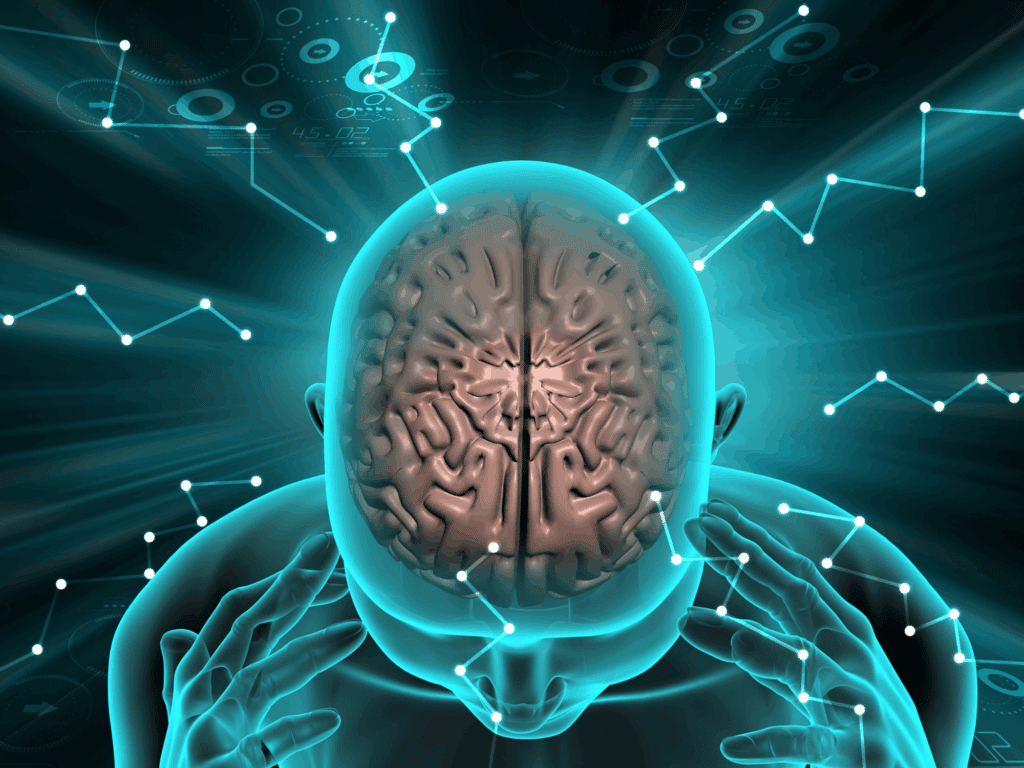Neurons are the building blocks of the nervous system. It is estimated that there are 100 billion neurons in the human brain. Neurons are complex and have many components. It is sometimes helpful to get an understanding of the brain and specifically neurons to get a clear picture of what drugs and alcohol do to the brain.
Here’s some information on neurons:
Glial Cells: Commonly called the “glue” of the neuron is the support structure of neurons. Glial cells provide neurons with nutrition, insulate them, and collect cellular debris when they die.
Astrocytes form the physical support structure of the neuron. They also provide nutrients and clean up the debris around the neurons.
Oligodentrocytes produce the insulation for the neuron (myelin sheath) in the central nervous system.
Finally, Schwann cells produce the insulation for the neuron in the peripheral nervous system.
Myelination increases the speed of axon transmission of action potentials and the myelination of various areas of the brain during development roughly parallels their functional development. Myelination of the sensory and motor areas occur within the first year of life and myelination of the prefrontal cortex continues into adolescence and adulthood. This process can be highly effected by drug and alcohol abuse.
Dendrites recieve chemical messages from neighboring neurons. The Cell Body contains the nucleus (genes), mitochondria, ribosomes, etc… The Axon Hillock adds up the resulting chemical from neighboring neurons. The Axon transports electrical signals and chemical products of the cell body. The Presynaptic Bulb stores the chemical messengers that can bind to neighboring neurons. The Synapse is the junction between one neuron and a neighboring neuron.
The neuron is made up of ions (Cations + and Anions -). With all the complexity of the brain and body, there are only 5 primary ions: Potassium Ions (K+) found in bananas, oranges, etc., Sodium Ions (Na +) found in salt, Chloride Ions (Cl-) found in salt, Calcium Ions (Ca+) found in milk, and protiens (A-) found in meats or produced by mitochondria cells. These Ions can pass through the Neuron Membrane (Differential Permeability) and the relative concentrations of ions on either side of the membrane creates a dynamic equilibrium. The balance, or imbalance, of ions creates an electrical charge in the cell of roughly -70 mv.
When a neuron is stimulated the electrical balance within the neuron changes and an action potential can be generated. An Action Potential is a sudden change in voltage in the neuron. An action potential is an all-or-none response. This means that the action potential does not vary and is generated when a voltage threshold is passed. It is the action potential that activates synaptic vesicles in the synaptic bulb to release neurotransmitters. Autoreceptors are proteins that regulate internal processes related to the production and release of neurotransmitters. They bind to their neuron’s own neurotransmitter receptor sites and it is these autoreceptors that are effected by external substances such as drugs. When autoreceptors are disrupted by drugs, neurotransmitters are disrupted. There is something called down-regulation and up-regulation of dendrite receptor sites. Down regulation is a process of decreasing the number of receptor sites due to excessive amounts of a neurotransmitter over an extended period of time (Cocaine for example, decreases the number of dopamine recpetors in the brain). Up Regulation is a process of increasing the number of receptor sites to the scarce amounts of a neurotransmitter over an extended period of time (Depression is thought to be an increase in the number of serotonin and norephinerine recpetors). Anti-depressants were developed with the processes of up-regulation and down-regulation in mind, no pun intended. Understanding the processes of the neuron and the neuron’s make up are an integral part of understanding how drugs can modify the brain. – NTS
Author
-

President, CEO & Founder at Northbound Treatment Network
Paul Alexander is the CEO, President & Founder of Northbound Treatment Network in Newport Beach, California. He believes wholeheartedly in transformational leadership, organizational health and effective, fully integrated substance use disorder and mental health treatment. With over 27 years of experience in behavioral healthcare, Paul has extensive knowledge of “in vivo” treatment modalities, clinical development, operations, strategy, marketing and financial planning. He has been widely recognized for his development of collegiate-based residential treatment programs for students in recovery and authored a research study at The University of California confirming this modality’s effectiveness.
Paul’s comprehensive professional experience, willingness to innovate, and emphasis on organizational health are vital factors in Northbound’s continued success. Paul received his Certified Addiction Treatment Specialist training at Saddleback College in Mission Viejo, CA, and was awarded Outstanding Alumni Service Award in 2002. Paul holds a Bachelor of Arts degree in Criminology, Law and Society, Summa Cum Laude, from University of California, Irvine, and a Juris Doctorate degree from Loyola Law School of Los Angeles. Paul currently serves on The National Association of Addiction Treatment Providers (NAATP) board. In addition, he serves on The Family Recovery Foundation board and The CarePossible board in Orange County; both organizations are committed to raising funds for family recovery and treatment for former military personnel. Paul is in recovery himself and lives in Orange County with his wife Silvana and his two young sons, Noah and Dean.







